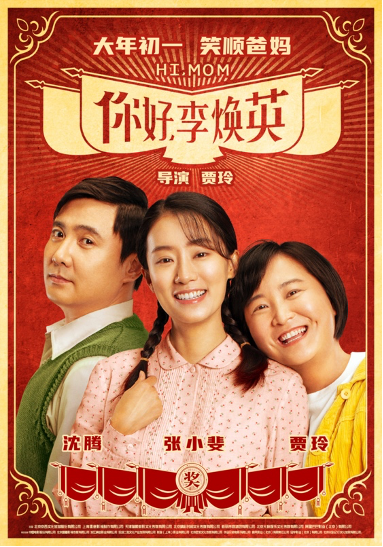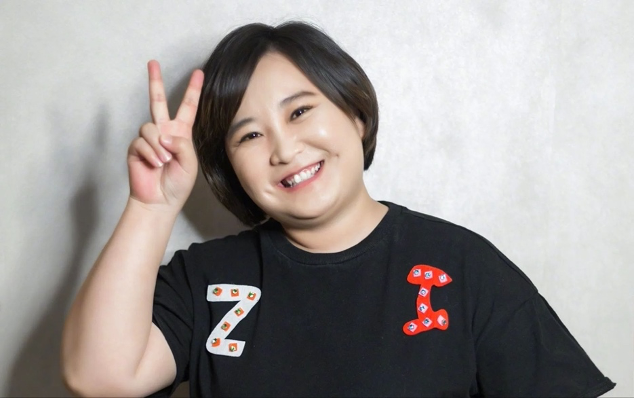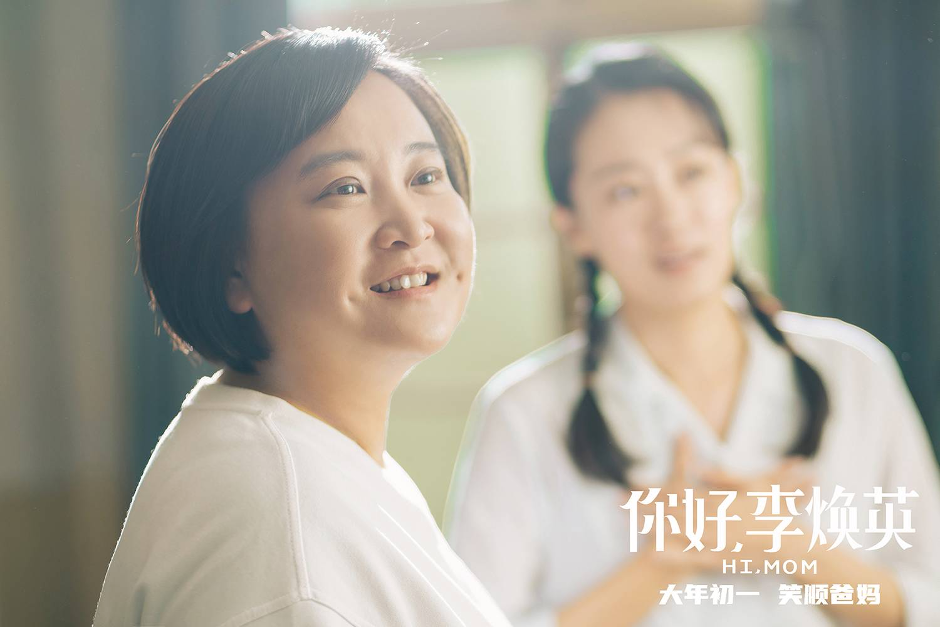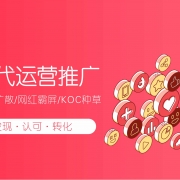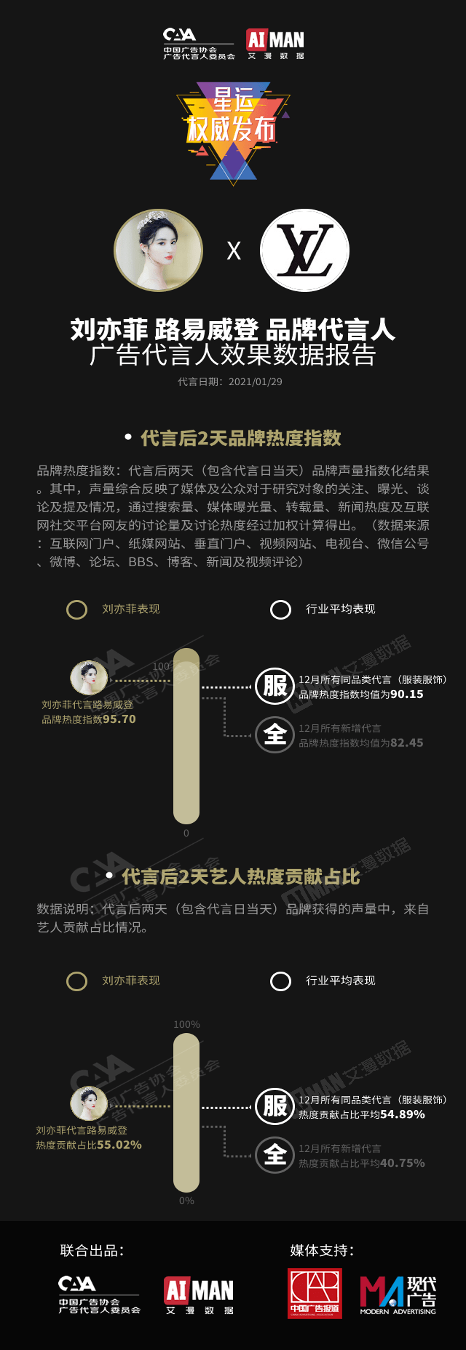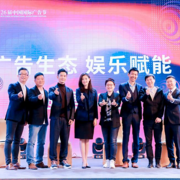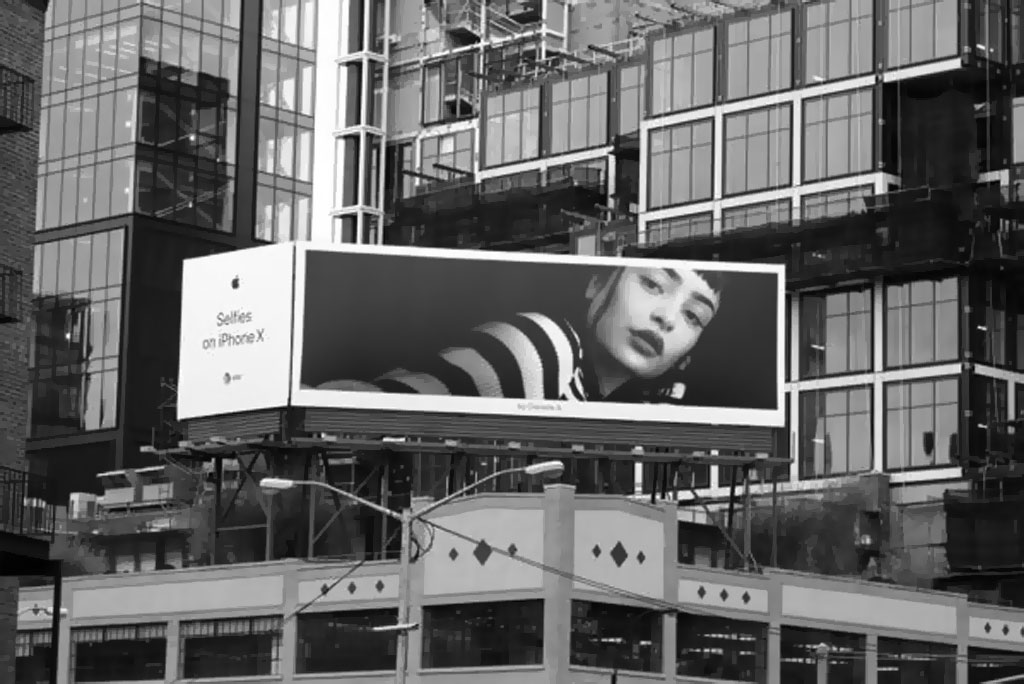Going Places – The future of China’s advertising and endorsement industry is thriving.
By Wilson (Target China)
27 Oct 2019
The event was organised by the Advertising Endorsement Committee of the China Advertising Association and co-organised by M-CC Beijing, Target China (M-CC Sydney) and AIMan data technology. The topic of this summit forum is “Entertainment empowerment, tribute to the new era of advertising”.
It kicked off on the 27th of October 2019 in Nanchang, the venue of the 26th China International Advertising Festival. With the first commercial recognition release of “sunshine endorsement”, and Mr. Huang Xiaoming was invited to be the ambassador of the event.
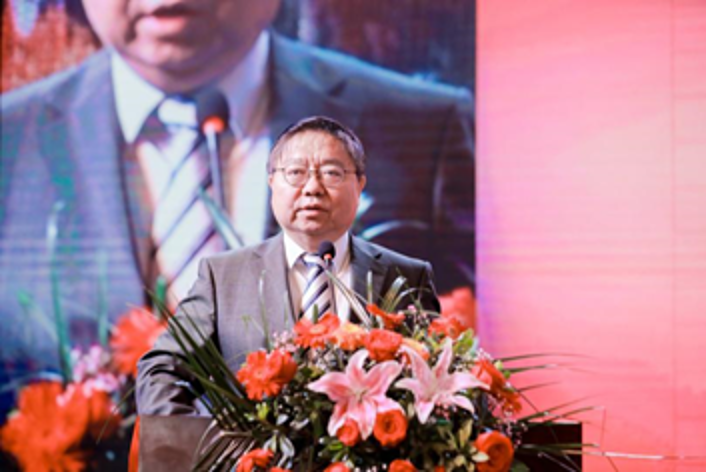
President Zhang Guohua, China Advertising Association
President Zhang from China Advertising Association (CAA) stated that celebrity plays a prominent role in advertising creativity, branding, marketing effects, awareness-raising and other business practices.
With the development of society, the communication value and star effect of advertising spokespersons are highlighted. As a national industry organisation, CAA provides systematic and perfect services and guidance with the purpose of serving the development of the industry, safeguarding legitimate rights and interests, and advocating industry self-discipline.

Secretary General – Zhang Zhipeng, Advertising Endorsement Committee of CAA
Mr. Zhang Zhipeng announced the selection criteria for the 2018-2019 “Sunshine Spokesperson” image ambassador, and after voting by the big data company and the judging panel, Mr. Huang Xiaoming finally stood out and became final winner.
Huang Xiaoming said: “I like the word ‘sunshine’ because our lives are sometimes full of fog, but only sunshine can wash away the fog. As an actor and public figures, we have an obligation to take on more social responsibility. We will spread more excellent public service commercials that touch the hearts of people, so that we can input more positive energy and bring more sunshine to the society.”
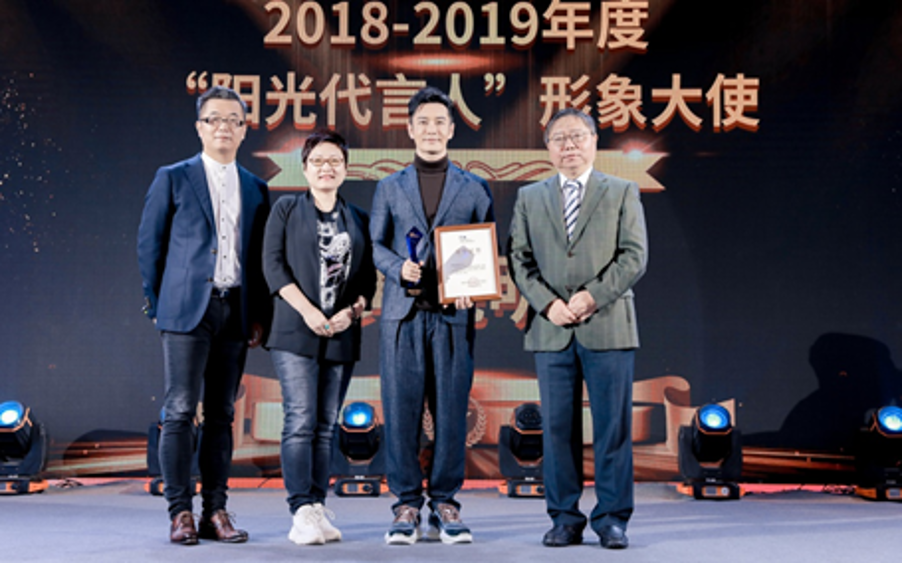
Zhang Guohua issued a certificate to “Sunshine Spokesman” ambassador Huang Xiaoming.
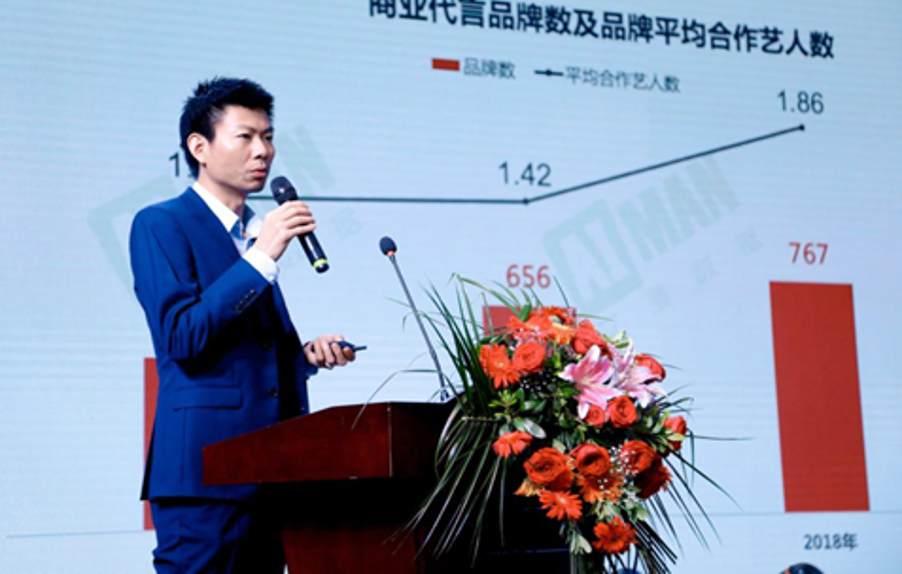
President of AIMan Beijing – Cao Yongshou
Mr. Cao Yongshou presented the “Top 10 Trends of Star Spokespersons in 2019”, with the following core ideas: more international brands are gradually using Chinese as spokespersons, brands are cooperating with spokespersons more frequently, more closely and more internationally, the birth of new idols poses new challenges to brands’ marketing and creates new business opportunities, and refined management and optimisation of spokespersons are the key to success. This maximises the effectiveness of the endorsement.

Wang Shaoxi, Legal Counsel from Nestle China
The legal counsel, Wang Shaoxi from Nestle China believes that advertising spokesperson marketing plays a pivotal role in the healthy development of a brand. The goal of both advertisers and spokespersons is the same, and how to achieve win-win and healthy development depends on how to choose the artist and advertiser.
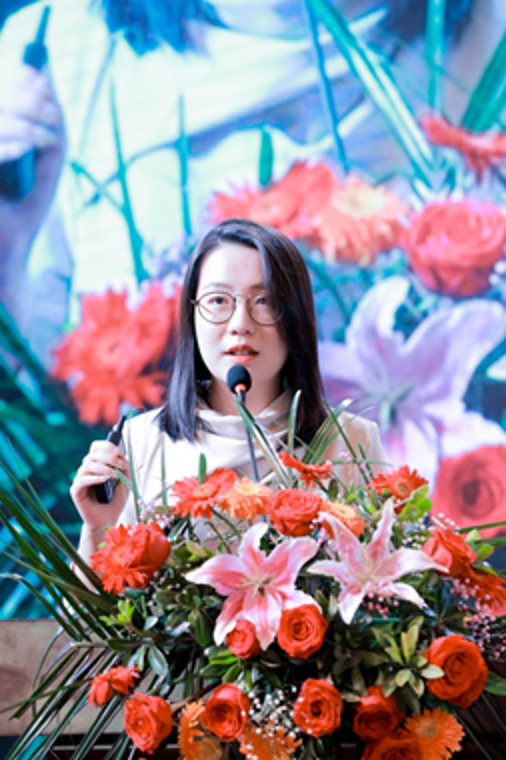
Sabrina Pang, Head of Business Operations at Sina Entertainment
As a marketing model on the internet, micro-blog marketing for celebrities have its own characteristics of the “star effect” in the advertising process. Ms. Pang Suer, head of Business Operations at Sina Entertainment said: “Microblogging Stars, Growth and Win-Win” that microblogging and micro-endorsement products are a path for brands to follow their fans and help celebrities and brands to build a common brand image in the future.
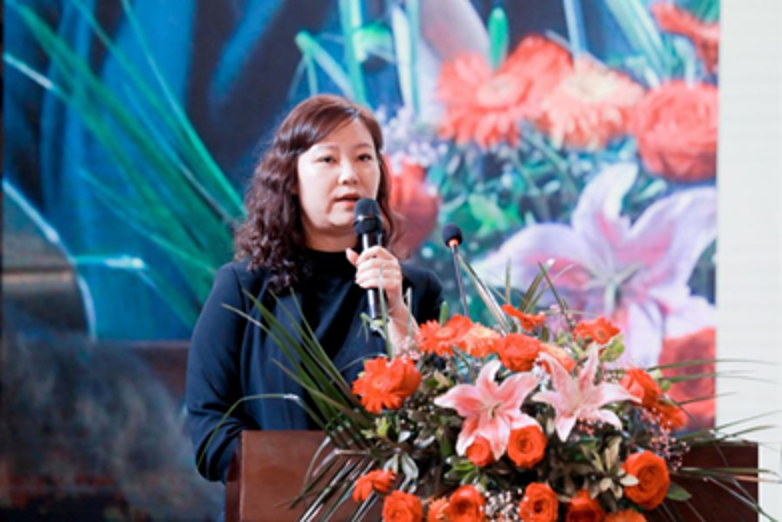
Kaoyuan, Managing Director of M-CC
Ms. Kaoyuan explained how entertainment marketing can occupy the C-suite in the new landscape of Generation Z marketing. She said that artist attributes are becoming more prevalent and marketing is becoming more integrated. With the rise of new idols, fans are willing to pay more money and energy for endorsements, instead of the traditional “idol” fans. For brands, stars and fans of the brand to do mutual resources to break the power of cooperation, in order to achieve a real win-win situation.
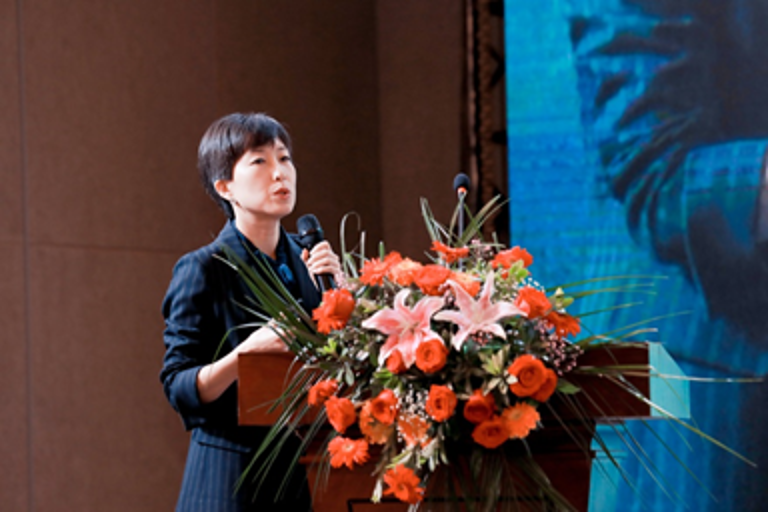
Wang Dong, Deputy General Manager of Cheerwin Group
Wang Dong led many integrated marketing projects such as “I am a singer” and “Libai Health and Happiness Project”, said that in the situation where consumers have aesthetic fatigue with advertisements one after another and the product, terminal and advertising battles are fiercely fought. It is necessary to find marketing points that consumers are interested in and express them in the form of humour in order to open the market and then win the market if we want our brand to spread to the target consumers quickly.

Zhang Zhipeng, Xu Weibing, Huang Xiaoming, Qiao Xue, Wei Hong, Cao Yongshou, Wu He and Kevin Wang
In recent years, the entertainment market has strongly empowered the advertising ecology, and more and more brand owners prefer win-win cooperation in entertainment marketing. In the round-table salon themed “Advertising Ecology, Entertainment Empowerment”, Zhang Zhipeng of the Advertising Spokesperson Committee of China Advertising Association, Xu Weibing, founder of Shanghai Tao Xi Digital Media, Huang Xiaoming, ambassador of “Sunshine Spokesperson” and China Advertising Association Advertising Spokesperson Qiao Xue, Executive Committee Member of the Committee, Wei Hong, Director of Alibaba Group’s Social Good Department, Cao Yongshou, President of Aimedia, Wu He, Senior Director of Sina Weibo, and Kevin, Head of the Australian Base of China Advertising Association’s Advertising Spokesperson Committee, had an in-depth discussion on the public welfare trend of advertising spokespersons in the new era and how the spokesperson industry can develop in a healthy and orderly manner.
This summit forum released the list of “Sunshine Spokesperson Commercial Recognition” for the first time and launched the group of “Sunshine Spokespersons” with commercial value in the year of 2018-2019. The list is based on industry big data, and provides a fair and impartial assessment of the advertising spokespersons’ commercial value from four dimensions: heat index, reputation index, work index, and endorsement index, which provides an objective assessment basis for enterprises and brands when choosing entertainment and business cooperation and star advertising endorsement in the early stage.
